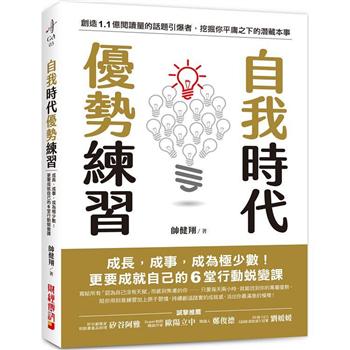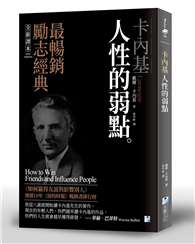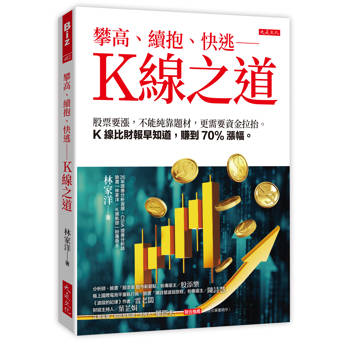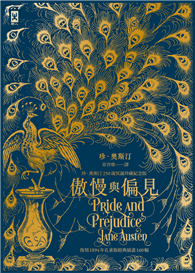The reality of official discourses, unfortunately, doesn’t make much sense to most people, who live in an adverse reality and this relationship between official narratives and the "real reality" of all of us, so to speak, is tenuous. In this way, the reality of the people loses the logical meanings that would make it believable and understandable, which is only of interest to the dominant caste. The social meanings of political discourses create reality, sometimes as it is, and at other times as the dominant groups would like it to be. The philosopher Eliseo Véron (1935-2014) stated that an ideology is not only, nor primarily, a repertoire of contents, but a grammar for engendering social meanings. The social meaning of a discourse or a fact is not neutral, as it is the result of the interests of those who thought it up and seek to base their actions and public policies on these meanings. The dispute over the narratives of power is more alive than ever. This master’s thesis discusses these and other related issues, based on Discourse Analysis of political cartoons and their possible influence on the political positioning of readers and citizens.
| FindBook |
有 1 項符合
The Interpreting Being and Ideal Space的圖書 |
 |
The Interpreting Being and Ideal Space 作者:Gomes G. de Queirós 出版社:Our Knowledge Publishing 出版日期:2024-04-26 語言:英文 規格:平裝 / 144頁 / 22.86 x 15.24 x 0.86 cm / 普通級/ 初版 |
| 圖書館借閱 |
| 國家圖書館 | 全國圖書書目資訊網 | 國立公共資訊圖書館 | 電子書服務平台 | MetaCat 跨館整合查詢 |
| 臺北市立圖書館 | 新北市立圖書館 | 基隆市公共圖書館 | 桃園市立圖書館 | 新竹縣公共圖書館 |
| 苗栗縣立圖書館 | 臺中市立圖書館 | 彰化縣公共圖書館 | 南投縣文化局 | 雲林縣公共圖書館 |
| 嘉義縣圖書館 | 臺南市立圖書館 | 高雄市立圖書館 | 屏東縣公共圖書館 | 宜蘭縣公共圖書館 |
| 花蓮縣文化局 | 臺東縣文化處 |
|
|
圖書介紹 - 資料來源:博客來 評分:
圖書名稱:The Interpreting Being and Ideal Space
Living and Dying in São Paulo: Immigrants, Health, and the Built Environment in Brazil
Living and Dying in São Paulo: Immigrants, Health, and the Built Environment in Brazil
Die Philippinen: Geschichte eines verloren gegangenen Paradieses
The Product of Medicine: How Efficiency Made American Health Care
Brothers Behind Bars: A History of the Muslim Brotherhood from the Palestine War to Egypt’s Prisons
Reel Freedom: Black Film Culture in Early Twentieth-Century New York City
Reel Freedom: Black Film Culture in Early Twentieth-Century New York City
Political Geography: World-Economy, Nation-State and Locality
Between Families and Institutions: Mental Health and Biopolitical Paternalism in Contemporary China
Working-Class Raj: Colonialism and the Making of Class in British India
Living and Dying in São Paulo: Immigrants, Health, and the Built Environment in Brazil
Die Philippinen: Geschichte eines verloren gegangenen Paradieses
The Product of Medicine: How Efficiency Made American Health Care
Brothers Behind Bars: A History of the Muslim Brotherhood from the Palestine War to Egypt’s Prisons
Reel Freedom: Black Film Culture in Early Twentieth-Century New York City
Reel Freedom: Black Film Culture in Early Twentieth-Century New York City
Political Geography: World-Economy, Nation-State and Locality
Between Families and Institutions: Mental Health and Biopolitical Paternalism in Contemporary China
Working-Class Raj: Colonialism and the Making of Class in British India
|











